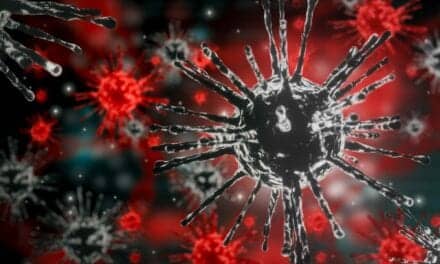Children who are ill with RSV infections possess a gene expression pattern that is different not only from healthy children, but also from children infected with either influenza virus or human rhinovirus, according to research results available in PLOS Medicine. Investigators believe this finding suggests that molecular markers might be able to predict disease severity.
Investigators used RSV’s specific genetic pattern, which researchers refer to as the RSV biosignature, to derive a genomic “severity score” that correlated with clinical indices of disease severity, as well as with length of hospitalization and need for supplemental oxygen.
The RSV biosignature was also associated with elevated levels of some inflammation genes as well as suppression of non-specific immune system genes and reduced expression of specific B and T cell genes. This was particularly evident in infants under 6 months of age.
“Blood RNA profiles of infants with RSV lower respiratory tract infections allow specific diagnosis, better understanding of disease pathogenesis, and assessment of disease severity,” the authors concluded. They note that the findings “[open] new avenues for biomarker discovery and identification of potential therapeutic or preventive targets.”








